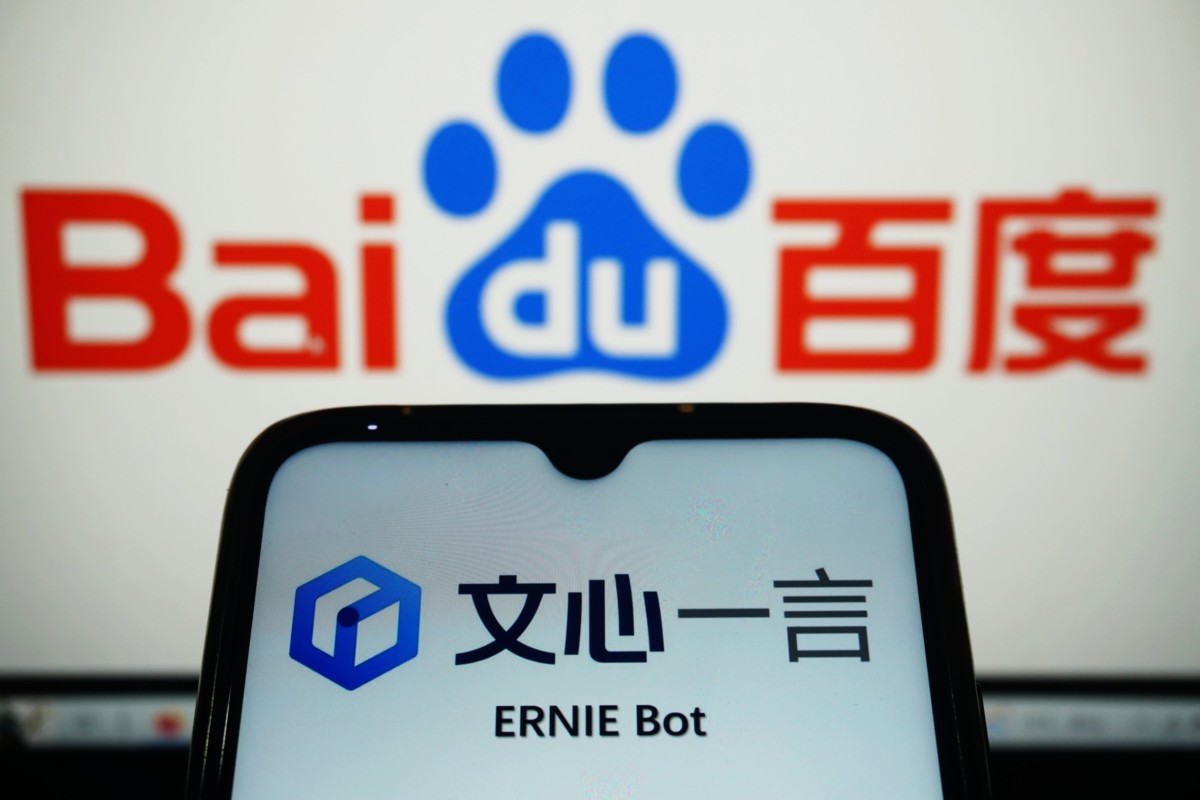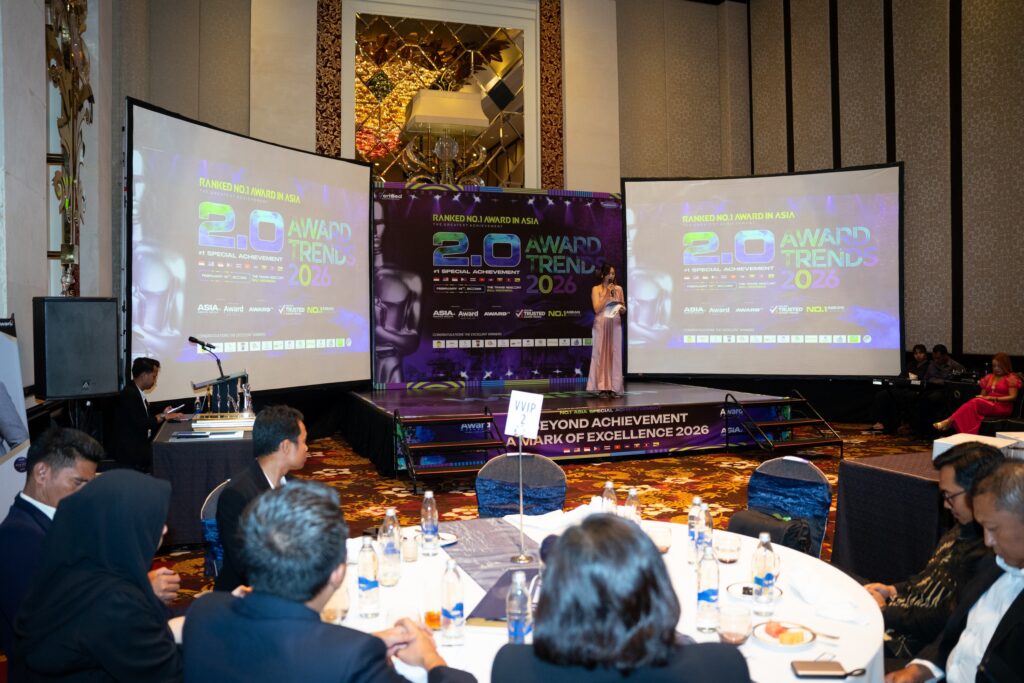Hong Kong — The global artificial intelligence landscape is undergoing a significant shift as major industry players respond to the rising influence of emerging competitors. Chinese tech giant Baidu has announced that its AI chatbot, Ernie Bot, will be available for free, a move that underscores the intensifying competition in the AI sector. This decision follows the rapid ascent of DeepSeek, a startup that has gained worldwide attention for developing AI models with performance on par with U.S.-based tech leaders at a fraction of the cost.
Baidu, known primarily for its dominance in China’s internet search market, revealed on Thursday via WeChat that starting April 1, Ernie Bot’s premium services, including advanced AI painting features, will be freely accessible to both desktop and mobile users. The announcement signals Baidu’s strategic shift to expand its AI user base and compete more aggressively against its domestic and international rivals.
In a parallel development, OpenAI CEO Sam Altman disclosed on X (formerly Twitter) that ChatGPT users will soon enjoy unlimited access to GPT-5 free of charge. The company, however, clarified that paid subscribers would still benefit from a higher level of intelligence and additional premium features. Altman’s announcement, made just hours before Baidu’s statement, further highlights the evolving dynamics of the AI market, where accessibility and affordability are becoming key factors in user engagement.
Baidu followed up with another announcement on Friday, stating that it aims to roll out the next iteration of its AI model by the end of June. In a groundbreaking move, the company declared that, for the first time, it would make this upcoming version open-source—mirroring DeepSeek’s model of freely available AI technology. Additionally, Baidu confirmed that Ernie Bot’s Deep Search function, which offers enhanced reasoning capabilities and expert-level responses, would also be made available at no cost beginning in April.
The successive announcements from Baidu and OpenAI underscore the mounting pressure faced by established AI firms as newer players disrupt the industry. DeepSeek’s R1 model has stunned experts with its ability to rival some of the most advanced AI systems developed in the United States, positioning the Chinese startup as a formidable contender.
Following Baidu’s announcement, the company’s stock, listed on the Hong Kong Stock Exchange, surged by as much as 12% on Thursday. By Friday, shares were trading at approximately 95 Hong Kong dollars ($12.20), contributing to a broader rally in the Hang Seng China Enterprises Index, which has climbed 20% since January.
A Rapidly Evolving AI Landscape
The global AI boom was set in motion when OpenAI introduced ChatGPT in late 2022. The chatbot’s groundbreaking capabilities captivated the world and triggered a rush among Chinese tech firms to develop a comparable homegrown alternative. Baidu was one of the first to respond, launching Ernie Bot within four months—outpacing other major Chinese tech conglomerates, including Tencent and Alibaba.
Despite its early lead, Baidu has since struggled to maintain its dominance in the generative AI space. ByteDance’s chatbot, Doubao, has surpassed Ernie Bot in both popularity and active user engagement, highlighting the increasingly crowded nature of the AI market in China. Alibaba has also made strides in the AI sector, securing a partnership with Apple to integrate AI functionalities within the Chinese market. The deal, which reportedly considered several AI firms, ultimately sidelined Baidu in favor of Alibaba’s capabilities.
The Rise of Emerging AI Startups
While China’s established tech giants have long been at the forefront of AI innovation, they are now facing stiff competition from a new generation of startups. DeepSeek and Moonshot AI have emerged as industry disruptors, drawing attention for their ability to develop high-performing AI models with remarkable efficiency.
Beijing-based Moonshot AI made its entry into the market in late 2023 with Kimi, its answer to ChatGPT. By January, Kimi had become the third most-used AI chatbot in China, trailing only behind DeepSeek and Doubao, according to data from AI tracking platform aircpb.com.
Another prominent player is Zhipu AI, a startup that originated from Beijing’s prestigious Tsinghua University. Backed by industry heavyweights Tencent and Alibaba, Zhipu AI has strong government connections and has attracted both support and scrutiny. In January, the U.S. Commerce Department added Zhipu AI to its Entity List, citing concerns that the company was assisting the Chinese military—an allegation the company has denied.
The Future of AI Accessibility
Most leading AI developers, including Baidu, OpenAI, and U.S.-based startup Anthropic, have adopted a similar strategy of offering their chatbot services for free. OpenAI initially launched ChatGPT without a paywall before later introducing premium subscriptions for advanced functionalities.
Baidu followed a comparable approach in 2023, when it introduced a paid subscription model for its AI services, including a text-to-image generation tool, with pricing reaching up to 59.9 yuan ($8.20) per month. Despite facing strong competition, Ernie Bot has steadily grown its user base, amassing 430 million users as of November 2024.
With AI giants now competing not only on performance but also on accessibility, the industry is poised for further disruption. Baidu’s decision to make its chatbot free, OpenAI’s move to democratize access to GPT-5, and the rise of nimble startups like DeepSeek and Moonshot AI indicate that the AI race is far from over. The next few months will be crucial in determining which companies will set the standard for the future of artificial intelligence.







